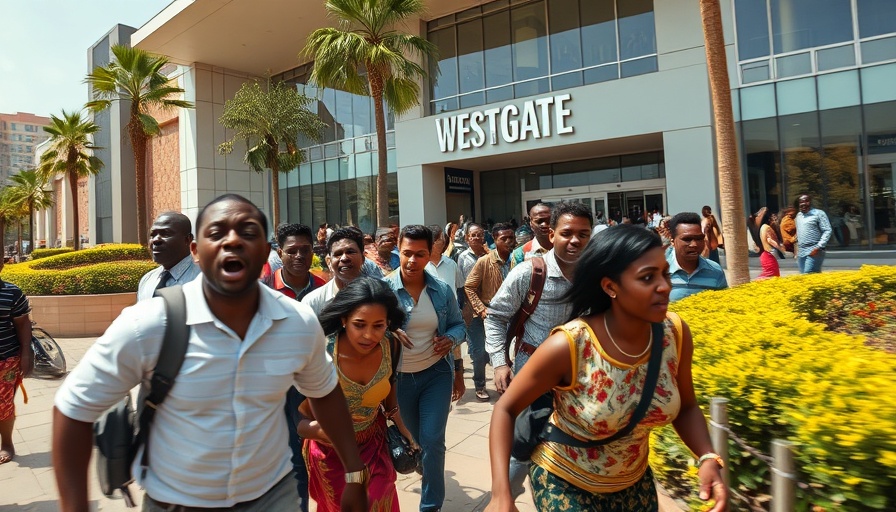
Reflecting on a Day of Infamy: The Nairobi Mall Attack
September 21 serves as a poignant reminder of moments that alter the course of history. On this day in 2013, the lavish Westgate shopping mall in Nairobi, Kenya, became the target of a brutal attack that left 67 people dead and hundreds injured. This tragic event was executed by armed militants who spared Muslims while brutally attacking non-Muslims, highlighting not only the terror inflicted by these extremists but also the alarming divisiveness that can arise in such conflicts.
A Broader Context: Terrorism and Global Security
This assault on a civilian space resonated beyond Kenya, sparking conversations worldwide about terrorism and the importance of global security measures. Within days, it ignited a wave of discussions about the steps necessary to prevent similar events in the future. The attack accrued a grim standing in a series of horrific terrorist acts that have plagued our history, including the 9/11 attacks and the Paris attacks.
Rising to Challenges: Global Responses
In response to subsequent terrorist threats, countries around the world have ramped up security operations and policies, refining counterterrorism tactics. Cooperation between nations regarding intelligence sharing and strategic policing has been pivotal in attempting to safeguard public spaces, where citizens seek nothing more than to enjoy life.
Today in History: Notable Events
While we remember the tragic loss associated with the Westgate attack, September 21 also marks significant historical events. In 1915, Cecil Chubb purchased Stonehenge, and in 1981, Sandra Day O’Connor made history as the first female Supreme Court justice. Each of these milestones, like the Nairobi attack, contributes to the narrative of human progress and challenges.
Understanding the Impact of Violence
The scars left by violence are not just physical but deeply emotional and cultural. As we reflect on acts of terror like the Westgate attack, it’s vital to foster dialogue that emphasizes understanding and compassion over anger and resentment. We have an opportunity to learn from the past, ensuring the voices of victims are never forgotten while promoting a message of tolerance in our increasingly polarized world.
By remembering these events, we not only honor those lost but also commit to a future where such tragedies are no longer a reality. It’s essential to engage in open conversations about how these incidents affect our collective psyche, shaping our cultural and political landscapes.
 Add Row
Add Row  Add
Add 




Write A Comment